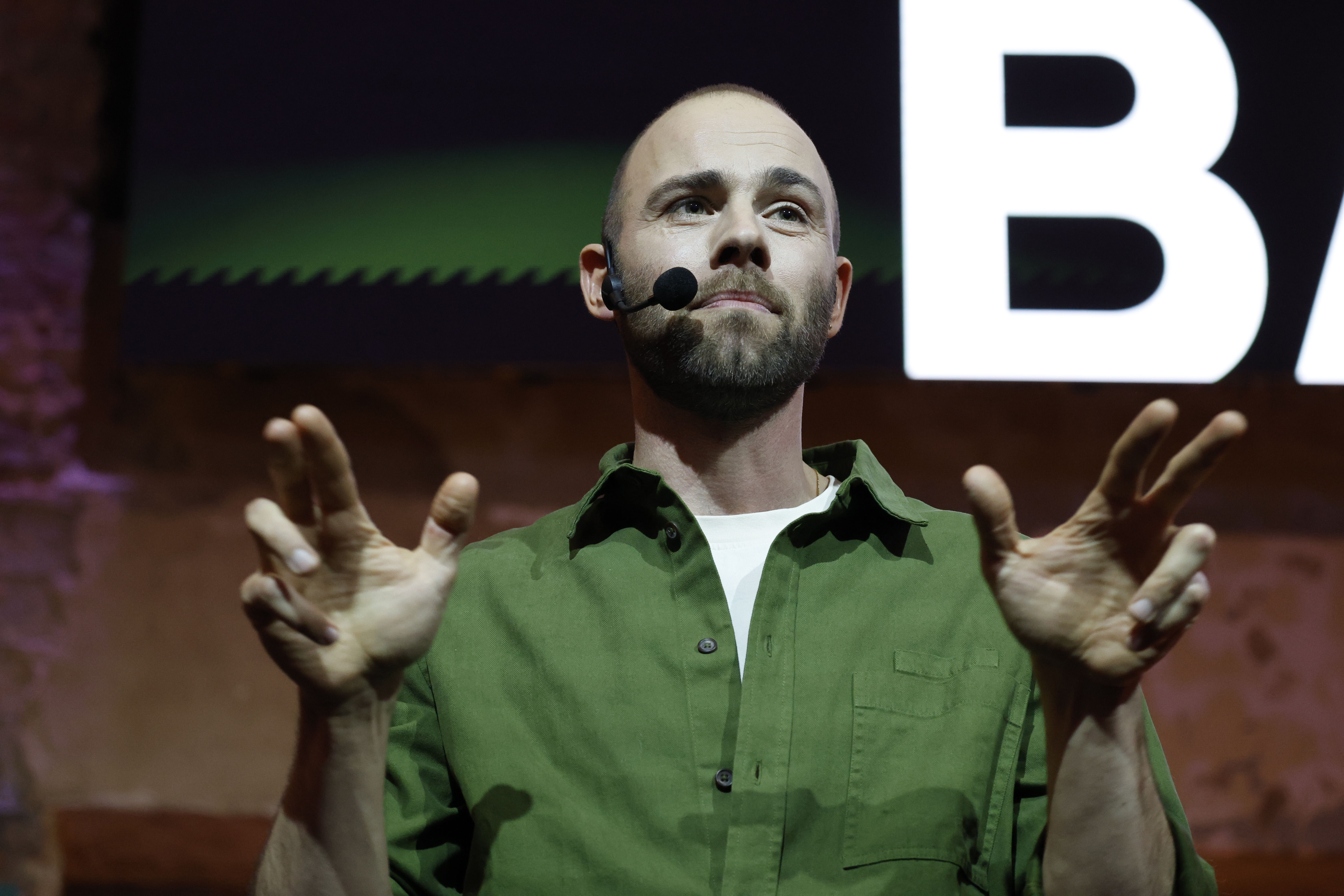Belgian Greens push for seizure of Russian assets ahead of defence summit

Belgian green parties Ecolo and Groen are calling for the seizure of frozen Russian assets in Europe - particularly those held in Belgium - to fund Ukraine’s defence and reconstruction. They argue that this is the only solution that does not place the financial burden on European taxpayers.
Since the start of Russia’s invasion of Ukraine, Belgium has played a key role in financial sanctions, as Brussels is home to Euroclear, the clearing house holding 258 billion euros in frozen Russian assets. Last year, the EU agreed to use the interest from these funds to support Ukraine, with an initial 3 billion euros disbursed in January.
Belgium separately allocated 1.7 billion euros in corporate taxes from these assets to a Ukraine fund.
Pressure on PM
On the eve of a European summit on Ukraine and defence, Ecolo insists that the next step must be taken: confiscating the assets outright.
“We cannot just tax the interest on this dirty money”, said Ecolo co-chair Samuel Cogolati. “Do we leave it frozen until the war ends, so Putin and his oligarchs can reclaim it? Or do we act now, turning these funds into a tool for Ukraine’s defence and future peace negotiations?”
”We must explore every avenue to use these frozen billions to help Ukraine”
Groen leader Bart Dhondt echoed this stance. “Ukraine is not just fighting for its survival - it is the front line of our free and democratic Europe," he said. "Rather than hurting ourselves financially, we must explore every avenue to use these frozen billions to help Ukraine. Investing in Ukraine is investing in our own security.”
The parties’ demand is putting pressure on new prime minister Bart De Wever, who has pledged Belgium’s support for Ukraine but has yet to communicate a clear stance on asset confiscation. The previous government resisted full seizure, citing legal and financial risks.
Belgian Finance minister Jan Jambon is yet to comment on the matter.

Other European leaders are also increasingly calling for bolder action, making similar calls. Polish prime minister Donald Tusk urged in February on X: “Enough talking, it’s time to act. Let’s finance our aid for Ukraine from the Russian frozen assets.”
EU Foreign Policy chief Kaja Kallas has also suggested using the assets as leverage against Russia. In France, former prime minister Gabriel Attal recently pushed for a policy shift, arguing that these funds should first help Ukraine, then benefit French and European taxpayers.
Groen leader Bart Dhondt © BELGA PHOTO NICOLAS MAETERLINCK
Related news
